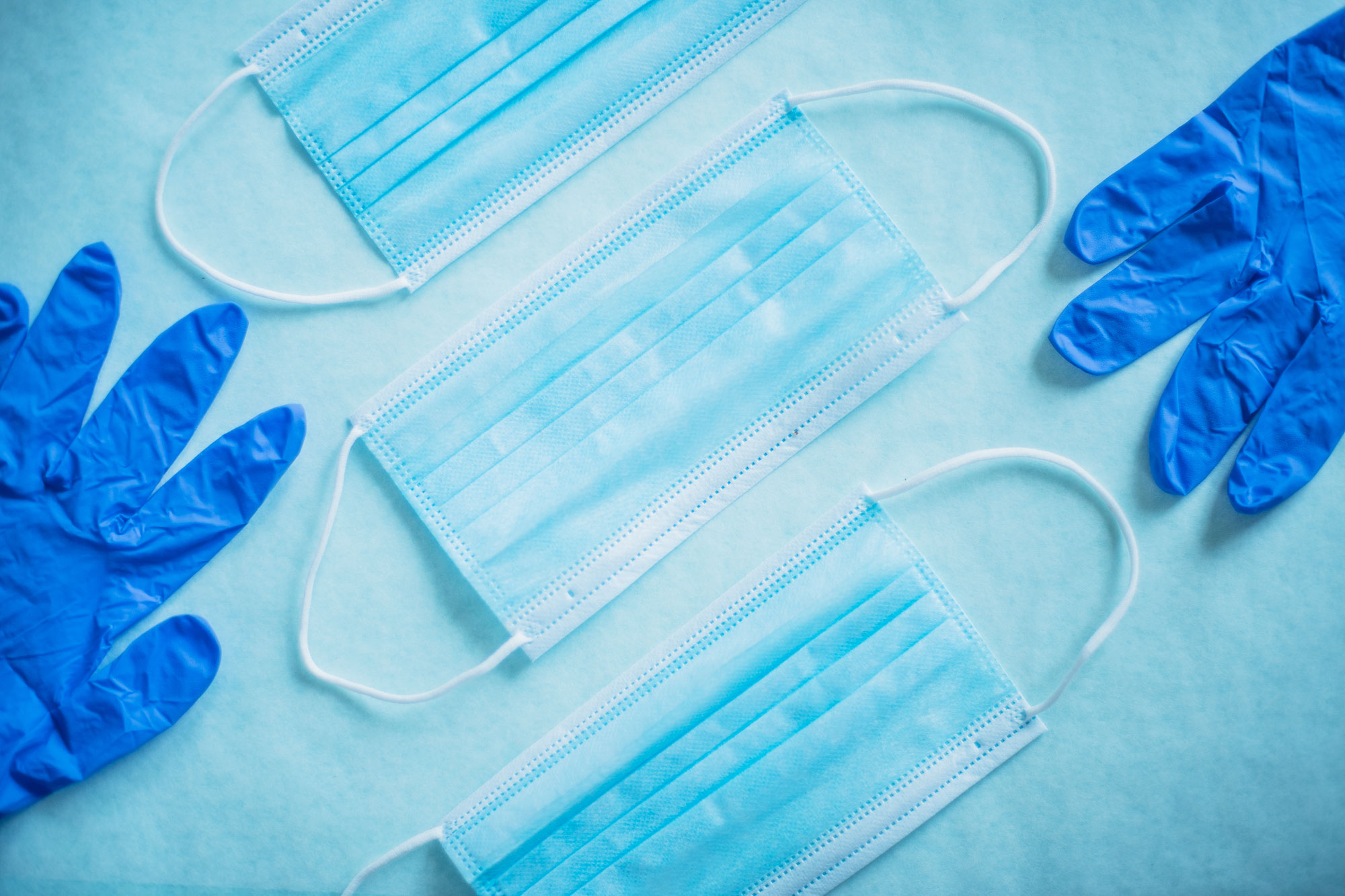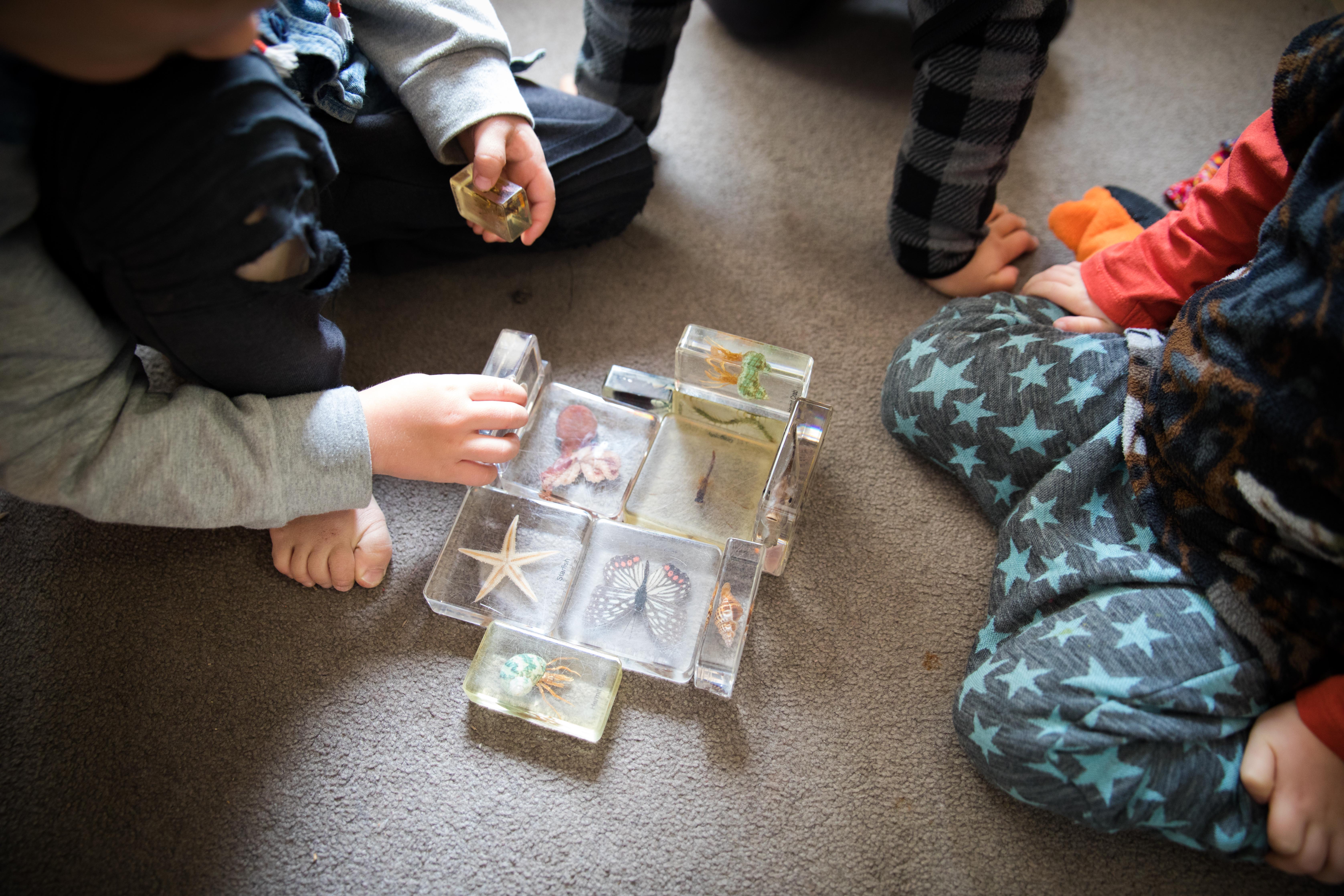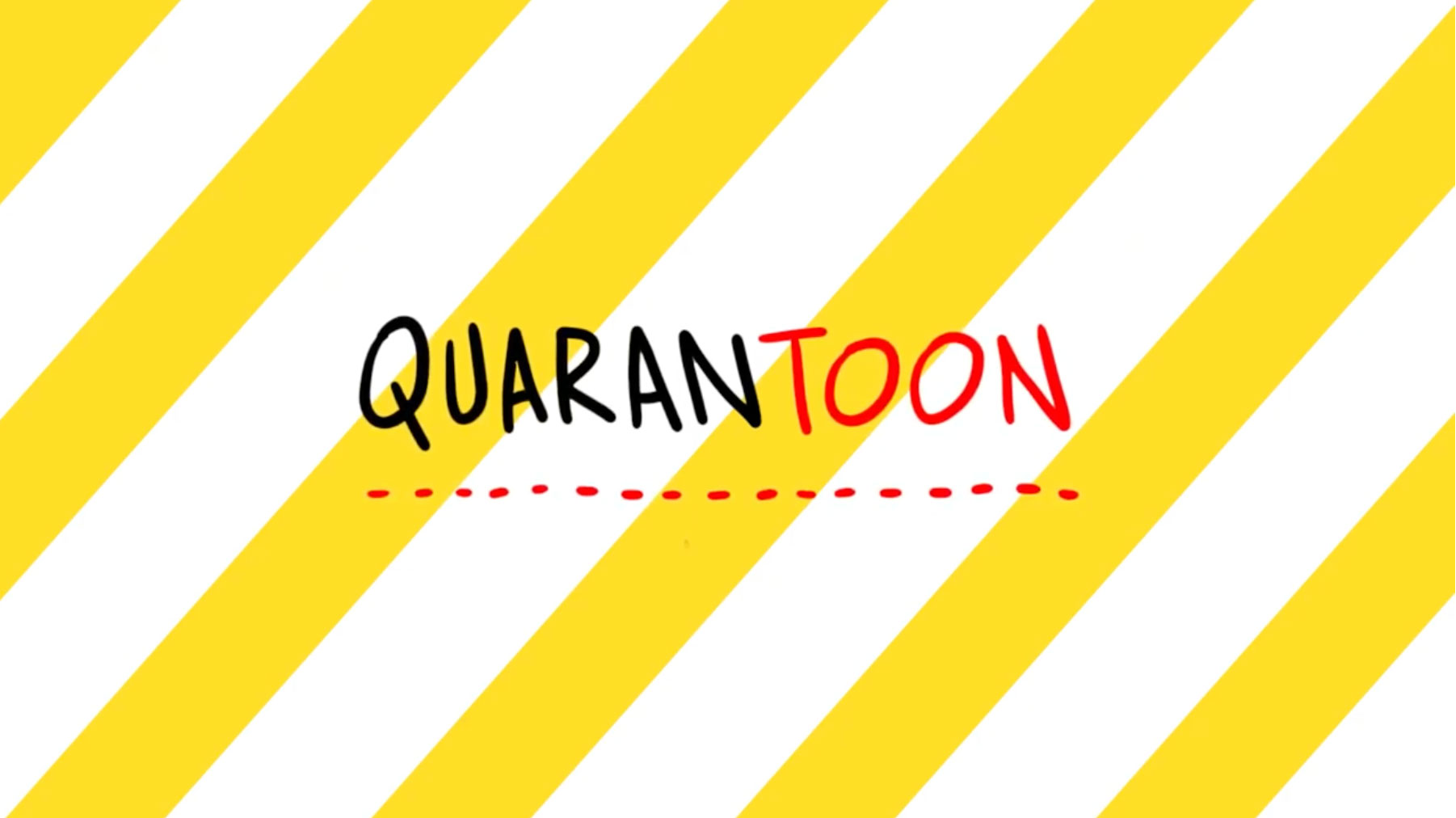As COVID-19 shut borders and closed down countries—and campuses—across the globe, the University’s researchers had to rapidly shift focus.
Throughout 2020, they have made outstanding contributions to the pandemic response, ranging from pure science to expert political and legal analysis, surveys on the impact of lockdown, artistic performances, and timely social commentaries.
The University is playing a lead role in the country’s vaccine research and evaluation, working alongside the Malaghan Institute of Medical Research and the University of Otago as part of the Vaccine Alliance Aotearoa New Zealand, which has received $10 million in government funding. Dr Lisa Connor and Dr Davide Comoletti from the School of Biological Sciences and Dr Gerd Mittelstädt from the Ferrier Research Institute each lead different strands of the research.
“The opportunity to work on generating a vaccine for a global pandemic is something I have been training for during my entire professional career,” Lisa says. “This is a chance to put my skills to use—and I am so glad I can contribute.”








